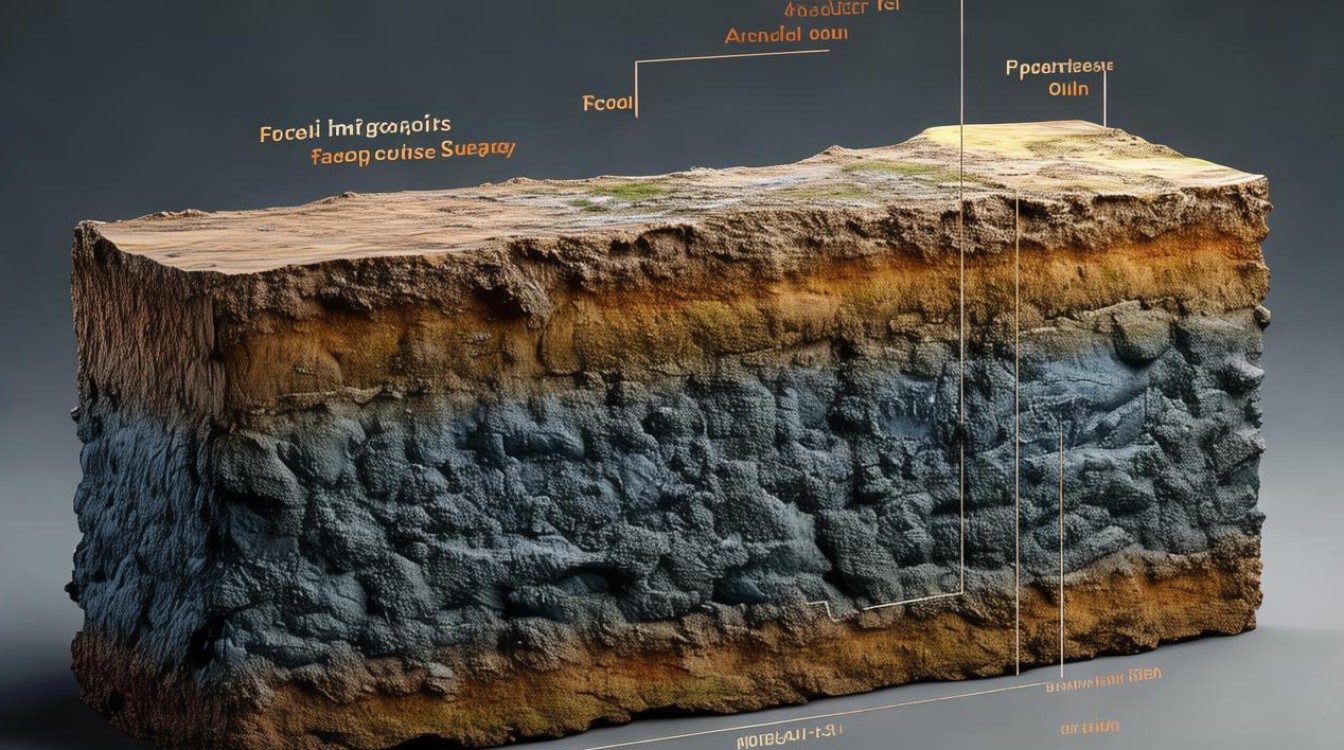The global energy landscape has long been dominated by fossil fuels—coal, oil, and natural gas—powering industries, transportation, and households for over a century. Yet, as climate change accelerates and renewable energy technologies advance, the future of fossil fuels faces unprecedented scrutiny. This essay explores the current state of fossil fuels, their economic and environmental implications, and the challenges and opportunities they present in a rapidly evolving world.

The Current Role of Fossil Fuels
Fossil fuels remain the backbone of global energy systems, supplying approximately 80% of the world’s primary energy needs. Their high energy density, reliability, and established infrastructure make them indispensable for many economies, particularly in developing nations where energy demand is surging. Countries like China, India, and the United States rely heavily on coal and oil to sustain industrial growth and meet electricity demands.
However, this dependence comes at a cost. The combustion of fossil fuels releases greenhouse gases (GHGs), primarily carbon dioxide (CO₂), which drive global warming. The Intergovernmental Panel on Climate Change (IPCC) warns that without drastic reductions in emissions, the planet will face catastrophic climate impacts, including extreme weather events, rising sea levels, and ecosystem collapse.
Economic and Geopolitical Factors
The fossil fuel industry is deeply intertwined with global economics and geopolitics. Oil prices influence inflation rates, trade balances, and even political stability in energy-exporting nations. For example, OPEC’s production decisions can send shockwaves through financial markets, demonstrating the sector’s outsized influence.

At the same time, renewable energy costs have plummeted, with solar and wind now cheaper than coal in many regions. This shift has prompted investors to reconsider fossil fuel investments, leading to divestment campaigns and stricter environmental regulations. The rise of electric vehicles (EVs) further threatens oil demand, as transportation accounts for nearly 60% of global oil consumption.
Environmental and Health Impacts
Beyond climate change, fossil fuel extraction and use pose severe environmental and health risks. Coal mining devastates landscapes and contaminates water supplies, while oil spills wreak havoc on marine ecosystems. Air pollution from burning fossil fuels causes millions of premature deaths annually, particularly in urban areas with high traffic congestion.
Governments worldwide are implementing policies to curb these effects, such as carbon pricing, emissions trading systems, and bans on new internal combustion engine vehicles. The European Union’s Green Deal and the U.S. Inflation Reduction Act exemplify ambitious efforts to transition toward cleaner energy sources.

Technological Innovations and Adaptation
The fossil fuel industry is not standing still. Advances in carbon capture and storage (CCS) aim to reduce emissions from power plants and industrial facilities. Some companies are exploring "blue hydrogen," produced from natural gas with CCS, as a lower-carbon alternative. Additionally, methane leak detection technologies are improving, addressing a potent GHG often released during oil and gas production.
Yet, critics argue these solutions are insufficient or serve to prolong fossil fuel dependence. Renewable energy, battery storage, and green hydrogen offer more sustainable pathways, with the potential to decarbonize entire sectors. The question is whether fossil fuel companies can pivot quickly enough to remain relevant in a net-zero future.
The Path Forward: Decline or Transformation?
The future of fossil fuels hinges on several factors:

- Policy Decisions – Governments must balance energy security with climate goals. Subsidies for fossil fuels, which still exceed $500 billion annually, could be redirected to renewables and energy efficiency.
- Market Forces – As renewables become more cost-competitive, demand for coal and oil may decline faster than expected. Natural gas, often seen as a "bridge fuel," could face pressure if green alternatives scale up.
- Public Sentiment – Growing awareness of climate risks is driving consumer and corporate demand for clean energy. Shareholder activism is pushing oil majors to adopt stricter emission targets.
While fossil fuels will likely remain part of the energy mix for decades, their dominance is waning. The transition to a low-carbon economy presents both challenges and opportunities—job creation in renewables, energy independence, and improved public health. The pace of this shift depends on technological innovation, political will, and global cooperation.
The era of fossil fuels is far from over, but its trajectory is clear. Embracing change now can mitigate environmental damage and ensure a smoother transition for economies reliant on these resources. The choices made today will shape energy systems for generations to come.

